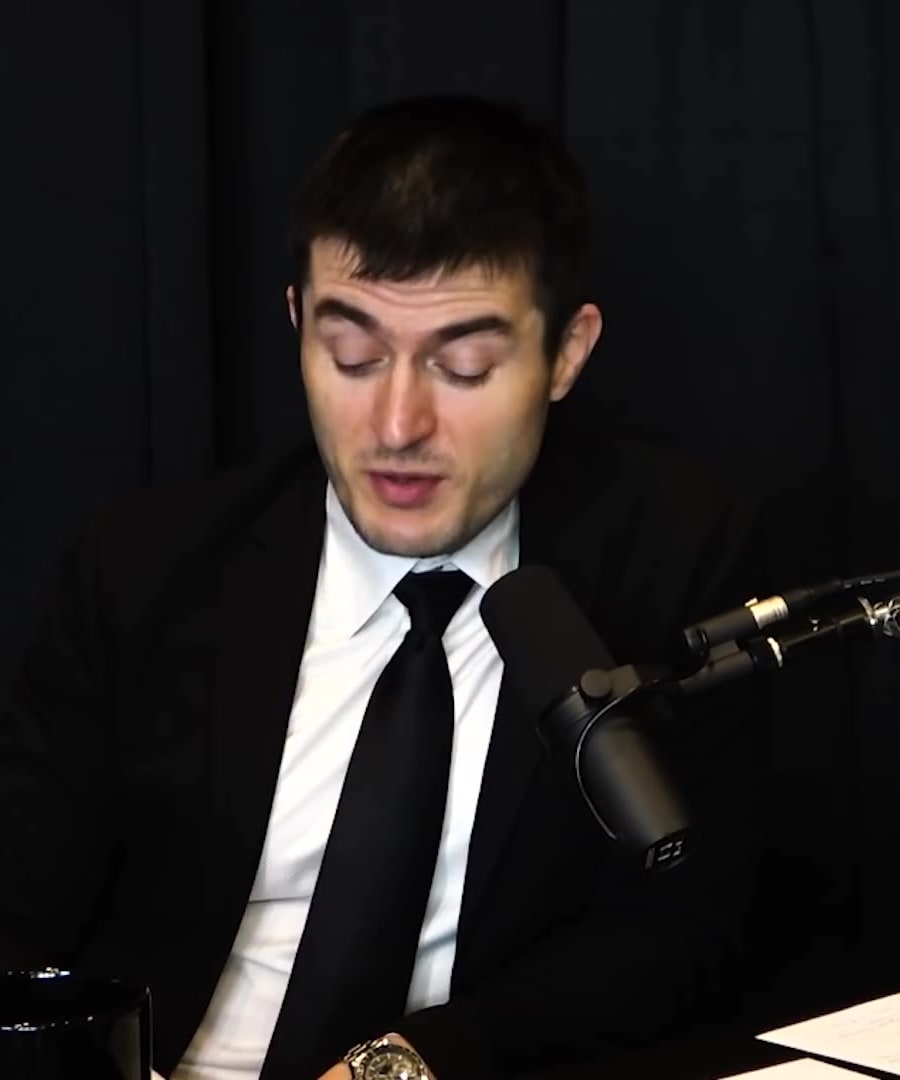Meaning Making
Sources:
Insights on Meaning Making
-
Creativity and Meaning: Rich Kirkpatrick and Benoit Kim discuss how artists often create without intending specific meanings, and the magic happens when others find meaning in their work. They argue that meaning is often derived, rather than created intentionally, and this perspective can apply to various creative endeavors. Life's inherent lack of predetermined meaning is seen as empowering, giving individuals the freedom to interpret experiences uniquely 1.
-
Flexible Interpretation: Bernie Roth emphasizes the power of assigning personal meaning to situations. He explains that flexibility in interpreting events can help navigate challenges and opportunities more effectively. By recognizing that meaning is subjective, individuals can adapt their perspectives to find empowerment instead of being restricted by rigid interpretations 2.
-
Sense Making at the Societal Level: Daniel Schmachtenberger delves into sense making as a process where individual perceptions shape our understanding of complex issues, like climate change or systemic racism. Shared sense making is necessary for effective governance and coordination, highlighting the challenges of aligning diverse viewpoints in a world full of conflict 3.
-
Knowledge and Meaning: Maria Popova discusses the importance of fusing different bits of information into a relational framework to gain true knowledge. She compares trivial information to meaningful knowledge, emphasizing that contemplation and time are essential to finding meaning in life and our experiences 4.
-
Abstract vs. Concrete Thinking: Daniel Pink explores the concept of sense making as figuring out what we think by shifting between abstract and concrete perspectives. This approach helps in problem-solving and understanding the complexities of our lives and surroundings. Sense making requires a balance between detailed and broad views 5.
-
Creating Meaning through Making: Ann Hamilton and Krista Tippett highlight the unity in all forms of making, whether it's art, parenting, or teaching. They stress that making itself carries meaning and histories, and recognizing these can enrich our appreciation of the creative process and the outputs 6.
-
Personal Meaning and Life's Purpose: Jay McClelland shares the idea that meaning is personally constructed through our emergent experiences and contexts. He suggests that rather than finding predetermined meanings, individuals create their own meanings, inspired by historical and religious foundations yet uniquely personal 7.
-
Balancing Money and Meaning: Dave Evans dispels the notion that one must choose between money and meaning. He argues that it is possible to have both by embracing a lifestyle where meaningful activities and economic pursuits coexist. He emphasizes the importance of realizing that human endeavors commonly blend economic outcomes, social impacts, and creative expressions 8.
RELATED QUESTIONS-


